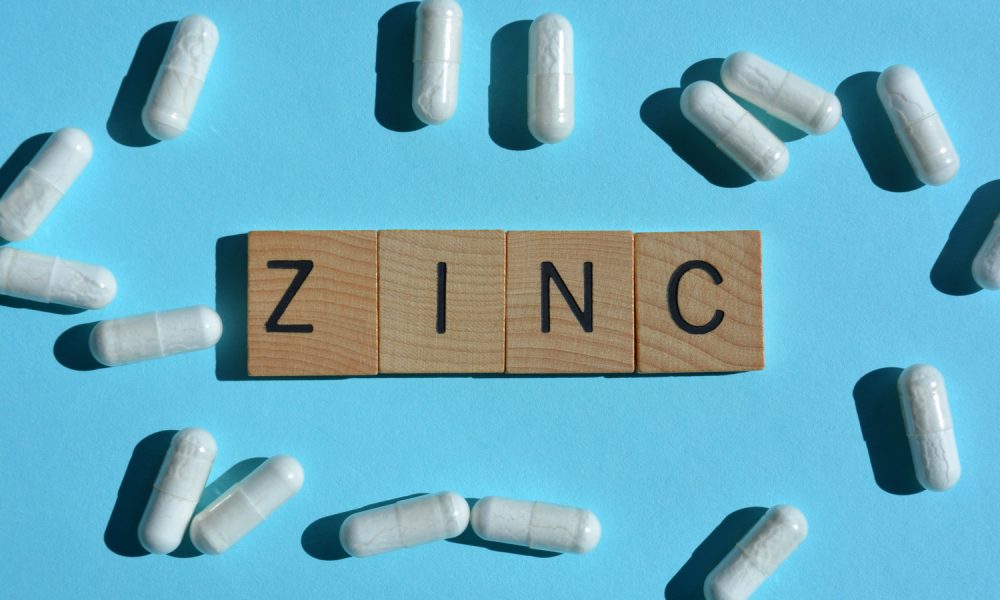Nutrition deficiency can affect your physical and mental health at times. Zinc is one of the key trace minerals that affect your health. So, it’s possible that you are lacking zinc if you feel worse today. More than 200 enzymes’ activities are modulated by this mineral, and it is vital to your body’s proper operation.
Numerous symptoms can indicate a zinc deficiency; it is the combination of these symptoms that should cause you to consider a zinc deficiency. Here are some indicators that you might be experiencing a zinc deficiency, along with some potential causes. Taking a plant-based organic zinc supplement will keep you healthy at all times.
You are tired
Fatigue is a prevalent sign of many illnesses you have. It should be considered, even if it is not unique to zinc deficiency. The symptoms related to tiredness mostly point to a zinc deficiency. Those who are deficient in this vitamin experience extreme fatigue. Their brain activity is decreased (neurotransmitter production is slowed), and occasionally, they experience memory loss issues.
You suffer from depression or mood disorders.
People who are zinc deficient are more susceptible to psychological disorders like depression and mood swings. Studies reveal that zinc deficiency is more common in those who are depressed. The extent to which such a defect would affect a person’s mental health is currently unknown. Current theories center around zinc’s antioxidant capacity.
By influencing glutamate pathways, this mineral is hypothesized to have an impact on cognitive and affective processes. A neurotransmitter implicated in the reward systems of the brain is glutamate. A deficiency in zinc might eventually contribute to the emergence of mental illnesses and cognitive deterioration.
Taking plant-based organic zinc supplements will restore your mood disorders.
You have lost your appetite.
One of the symptoms of zinc insufficiency that has not yet been adequately explained is loss of appetite. Many studies also show how zinc helps digestion. A hypothesis posits that the deficiency causes an increase in the amount of undigested food in the intestine, thereby accounting for the observed decrease in appetite.
This creates a vicious cycle whereby your hunger decreases as you eat less, increasing your zinc deficit, etc. Furthermore, the synthesis of proteins requires zinc as a cofactor. A taste bud protein called Gustin is zinc-dependent as well.
Your immune system is sub-optimal.
Do you get the occasional cold? An insufficiency of zinc increases the body’s vulnerability to ENT and respiratory infections. In actuality, zinc is necessary for the healthy operation of your immune system. The body’s innate immunological responses are diminished by a micronutrient deficit to the point where they become insufficient.
This renders one more vulnerable to infections. As an antioxidant, zinc prevents thiol groups (found in enzymes and receptors) from being oxidized and regulates the activity of immune cells. Chronic inflammation is caused by zinc deficiency, which also decreases immunological responses.
Final thoughts
To minimize the symptoms of zinc insufficiency, using food supplements that are high in zinc and easily assimilated by the body will assist the body in restoring this trace element. Taking plant-based organic zinc supplements is also a good idea to maintain your health and well-being.




